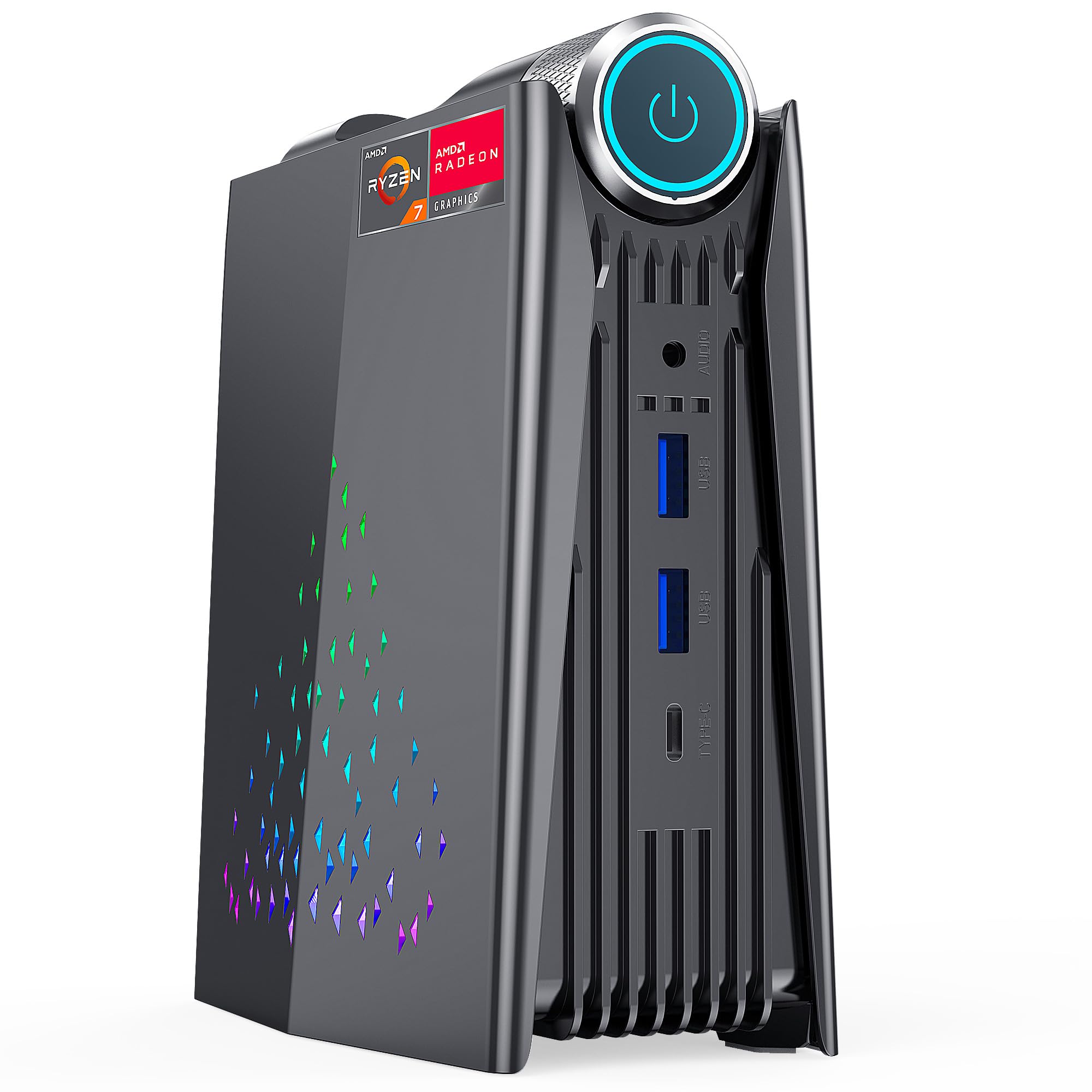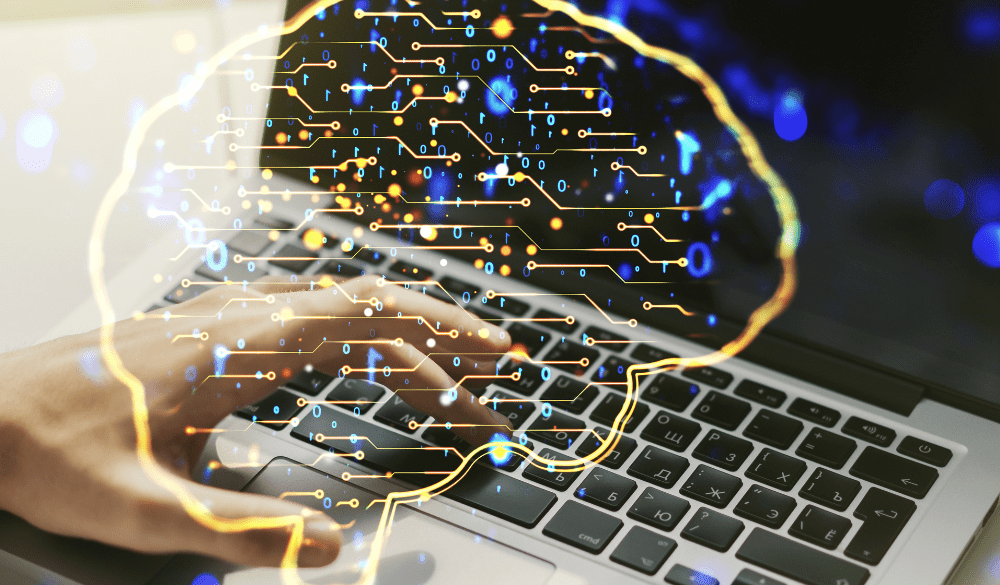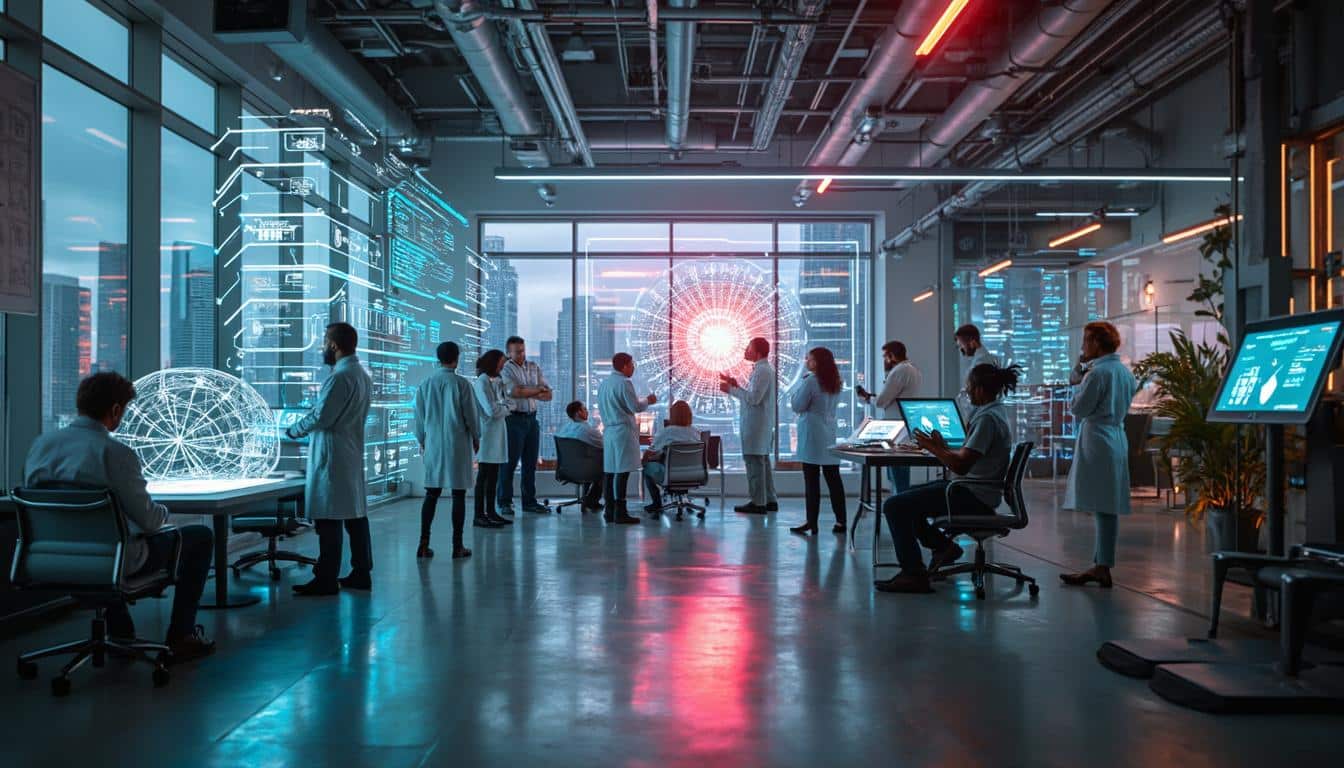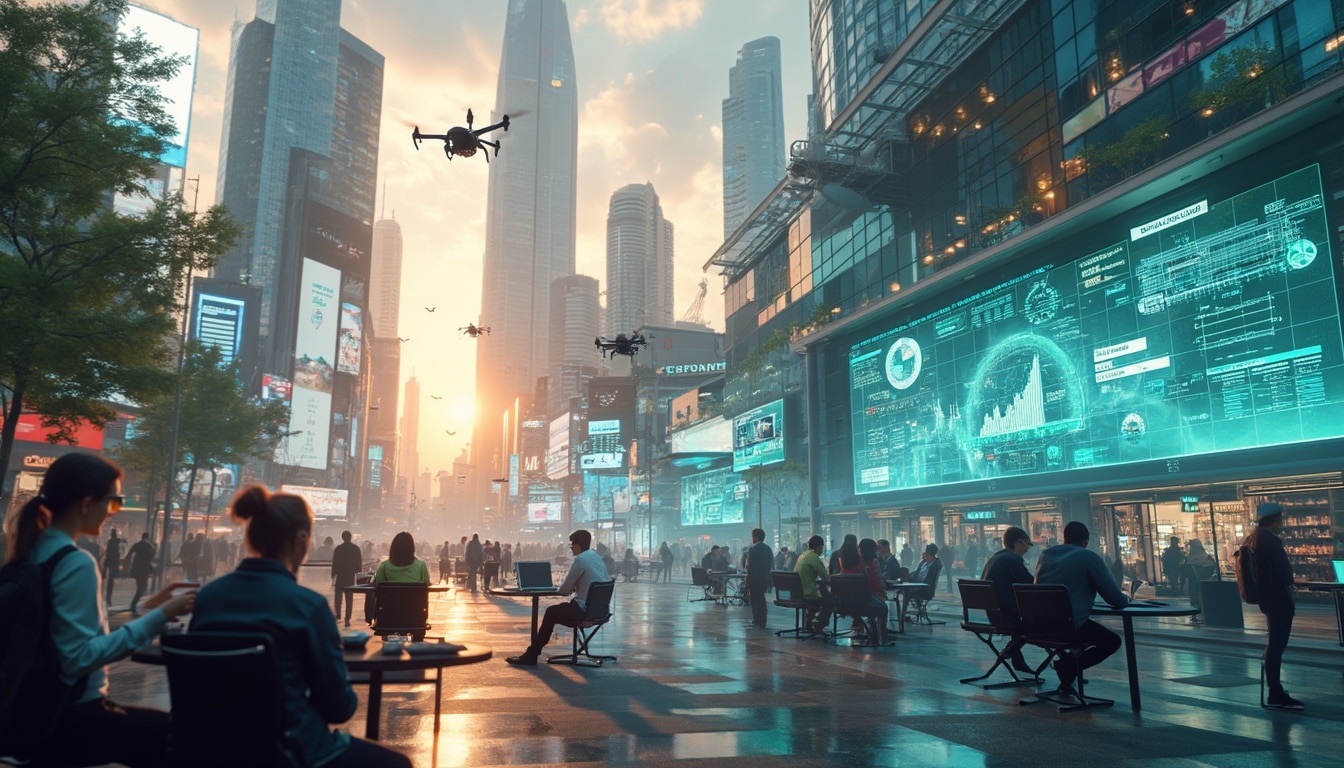At the dawn of a new technological era, AI-powered PCs are establishing themselves as an essential innovation in the professional environment. Their advanced capabilities allow for increased productivity, task automation, and optimized collaboration, contrasting with the limitations of traditional models. With the increasing integration of specialized chips and high-performance software, these machines are revolutionizing the daily lives of workers, thus redefining expectations for IT in the enterprise. Companies must then ask themselves: to what extent will these new technologies redefine their digital landscape?
At the dawn of the digital age, AI-equipped PCs are set to transform the work environment within companies. By 2026, a predominance of AI PCs is expected, replacing traditional models. These devices will offer enhanced data processing capabilities, allowing for multitasking with increased efficiency and optimizing operational processes. The democratization of specialized NPU chips for AI will facilitate tasks such as photo editing or information management. The challenges related to this transition, such as integrating new technologies and concerns about the future of work, must be considered, but the benefits in terms of productivity and innovation cannot be ignored.

Table of Contents
ToggleThe Advantages of AI-Powered PCs in the Professional Environment
AI-powered PCs represent a significant advancement over traditional models. These computers, integrating specialized processing units, allow for the management of vast amounts of data while optimizing daily task performance. Indeed, this technology enables better productivity in an increasingly demanding work environment where multitasking is becoming common. With the implementation of AI, employees can process information more efficiently, freeing them from repetitive tasks and allowing them to focus on higher value-added activities.
The Numbers Speak for Themselves
Projections indicate that by 2026, nearly 100% of the computers acquired by companies will be AI PCs. In 2024, these models are expected to account for around 60% of total sales, according to recent studies. This not only indicates a trend but also a radical shift in how companies view their IT infrastructure. The adoption of artificial intelligence thus accelerates processes, improves decision-making, and promotes enriched collaboration within teams.
The Transition to a New IT Era
With the rise of AI, companies find themselves at a decisive turning point. Traditional PCs can no longer compete in terms of speed and efficiency with those integrating AI processes. Therefore, investing in AI-powered computers is becoming not only an option but a necessity. Companies must adapt to meet the demands of the current market and remain competitive. Ultimately, the shift to these new technologies could prove crucial for the longevity and success of businesses in the digital economy.
#IA | L'intelligence artificielle risque-t-elle de renforcer les discriminations ? Les recommandations du #DéfenseurDesDroits 👇
— Défenseur des droits (@Defenseurdroits) May 15, 2024
🔗https://t.co/jy4Vuu8aHt
🔗https://t.co/1x164nwogk
🔗https://t.co/bMGk0Hau58 pic.twitter.com/LxpzdPAIwn











